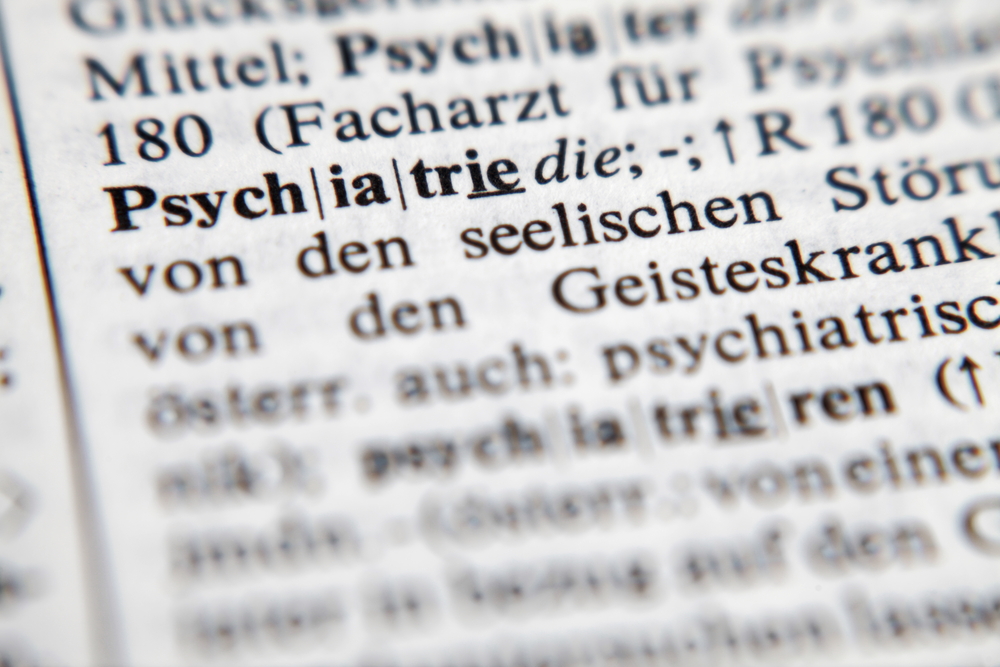
A report released Sunday revealed that the German pilot who flew a passenger jet into a mountain last March had been referred to a psychiatric clinic just weeks before the crash.
Despite Andreas Lubitz’s ongoing mental health issues and the fact that he’d even shown symptoms of a psychotic depressive episode in the weeks before, there was nothing that authorities could have done to prevent the tragedy, according to the final accident report released by French investigators.
“No action could have been taken by the authorities and/or his employer to prevent him from flying that day, because they were informed by neither the co-pilot himself, nor by anyone else, such as a physician, a colleague or family member,” the report said, according to The Guardian.
Although Lubitz was referred to a psych clinic two weeks before the crash and was given antidepressants, none of the doctors who treated him notified Lufthansa that he should not fly. Weeks later, while co-piloting a Lufthansa-owned Germanwings flight on March 24, 2015, Lubitz locked the pilot out of the cockpit and flew the plane into the French Alps, killing all 150 people on board.
Families of those who died in the crash say they’re still looking for answers, and want to know why Lubitz’s German doctors wouldn’t talk to the French investigators who authored the report. “They wanted to understand why a young pilot with a supposedly nice family would want to commit suicide,” said Robert Tansill Oliver, whose son—a father and husband—perished in the crash. “They wanted to find out why he did what he did, the root causes. Everyone in the auditorium was asking the same question: ‘Why did these German doctors refuse to talk to you?’”
French authorities have speculated that breaching patient confidentiality may be “perceived by these doctors as presenting more risks,” especially for themselves. Lubitz’s family also refused to speak to investigators.
Some families want more than answers—they want apologies. “When something happens in a company, the person at the top is responsible, even if he wasn’t directly involved himself,” said Jürgen Fischenich, whose 33-year-old son died in the crash. “They need to apologize at least,” he told the Associated Press.
“Without the negligence on Lufthansa’s part, my son wouldn’t have died like this,” he said. “It wasn’t just an accident. This was a crash where Lufthansa’s safety mechanisms failed.”
